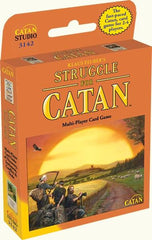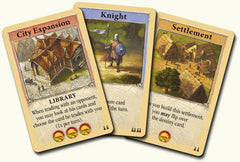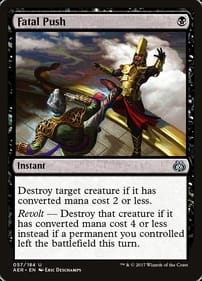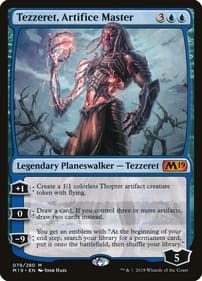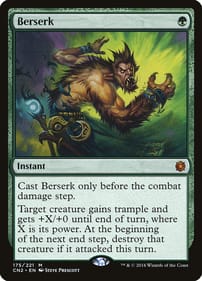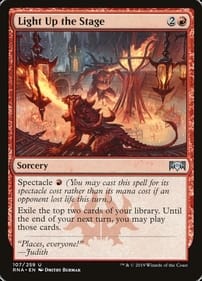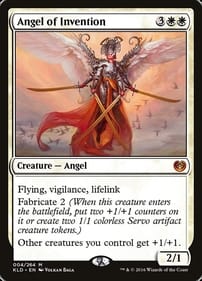The Struggle for CATAN
- Description
- Prices
About the game
The game consists of 110 cards. There are 5 different resource cards: brick, lumber, grain, wool, and ore (A) as well as building cards for roads, settlements (back: city), and city expansions (B). You need the resource cards to build; for example, building a road costs 1 lumber and 1 brick, and building a knight costs 1 ore, 1 wool, and 1 grain. After paying the resources, you may place the corresponding building card in front of you.
On some cards, victory points are depicted. The first player to build cards (i.e., place cards in front of him) with a total value of 10 victory points wins the game.


Turn sequence: On your turn, first you may trade one or more resource cards in your hand - either with the market, in which case you exchange them for one or more of the market's 5 face-up resource cards (C), or with an opponent or the draw stack. Building many roads improves your trade possibilities. After you have traded, you may build. To build a city, just turn over one of the settlements you already have built. You can upgrade a city by means of a city expansion. City expansions offer permanent advantages during the game and are often the key to victory.
If you build a knight or a road and the respective supply is depleted, you may take a knight or a road from an opponent. The direction of the arrow on the destiny card determines who that opponent is. At the end of the turn, you may add two resource cards to your hand. If you placed knights in front of you, you may draw more than 2 cards.



